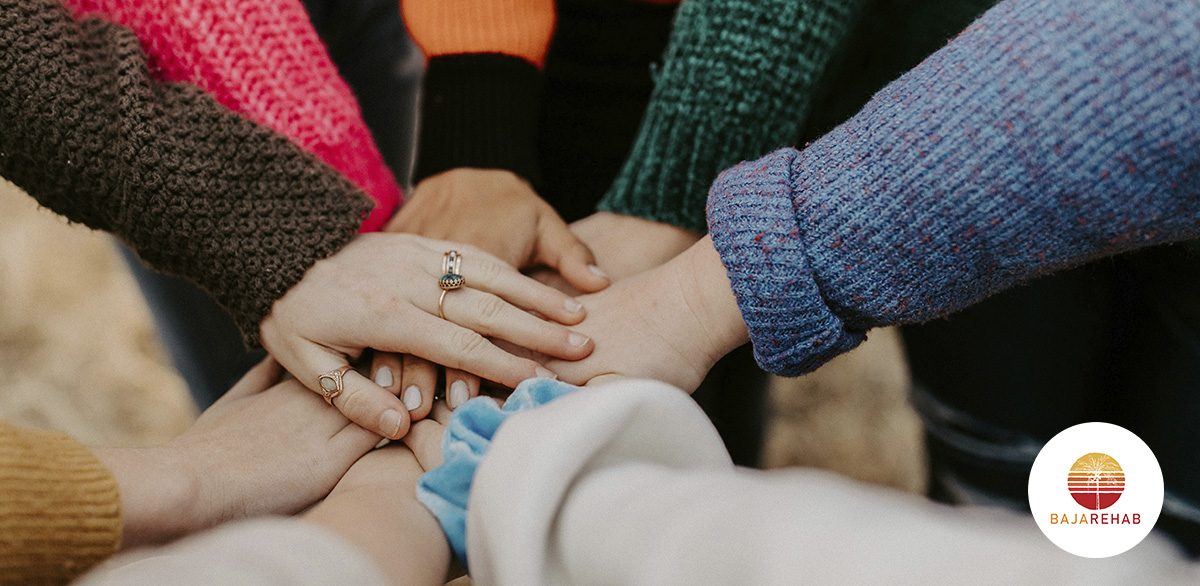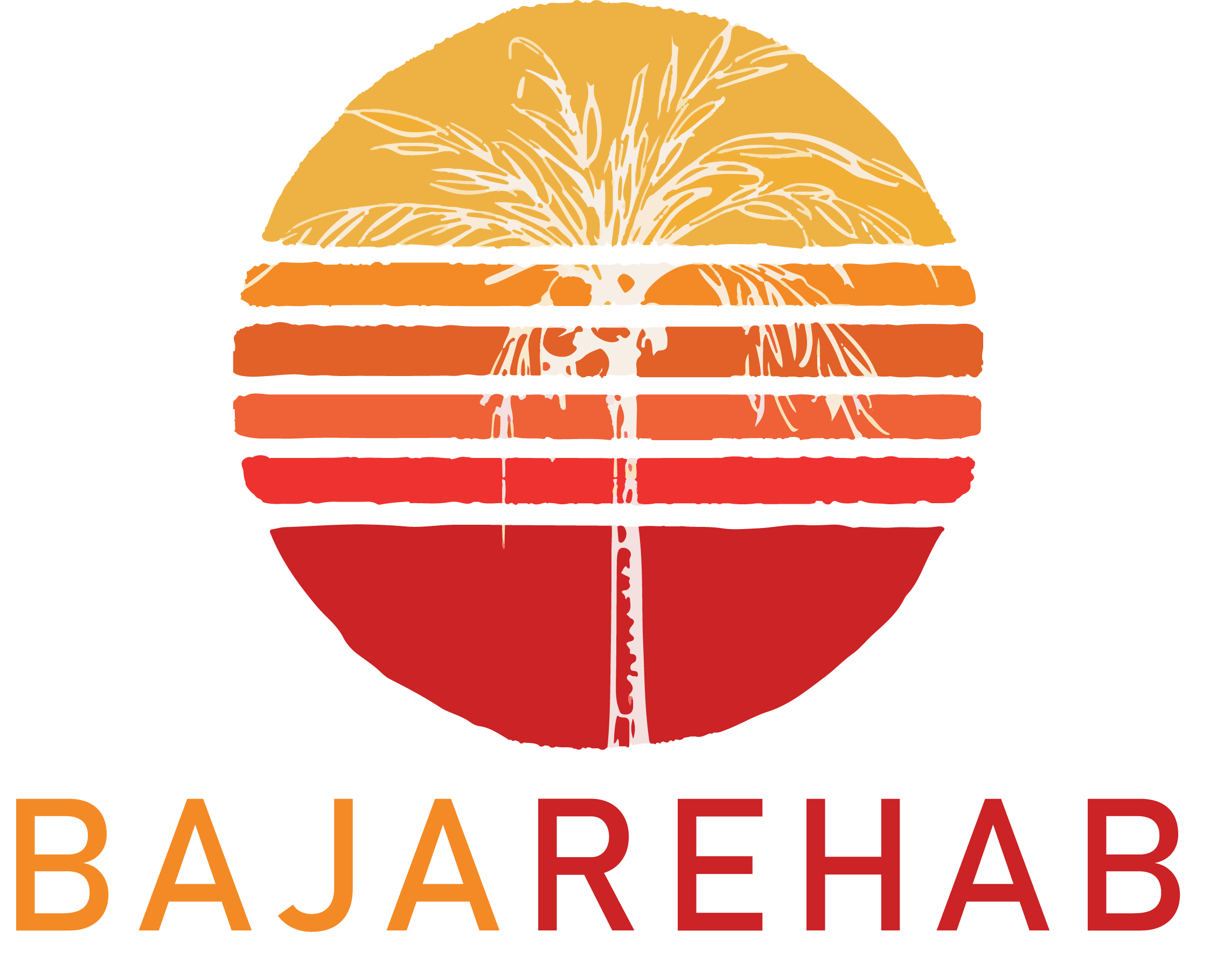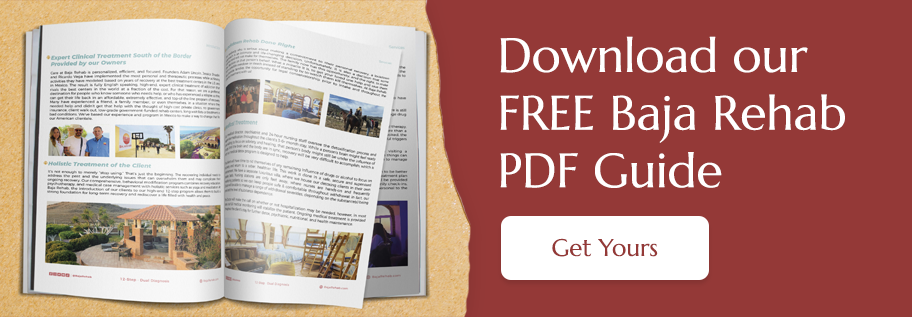The Importance of Setting Goals in Recovery: How to Set and Achieve Them

Recovery from addiction is a continuous journey that requires focus, dedication, and a clear sense of direction. Setting goals is a powerful tool that can help you navigate this path, providing motivation, structure, and a sense of purpose. At Baja Rehab, we emphasize the importance of goal setting in recovery. Here’s why setting goals matters and how you can effectively set and achieve them.
Why Setting Goals is Crucial in Recovery
Provides Direction:
Goals give you a clear roadmap for your recovery journey. They help you understand what you want to achieve and how to get there, preventing you from feeling lost or aimless.
Enhances Motivation:
Having specific goals keeps you motivated by giving you something to strive for. Each achievement, no matter how small, can boost your confidence and reinforce your commitment to sobriety.
Builds Self-Esteem:
Accomplishing your goals, especially those that challenge you, builds self-esteem and proves to yourself that you are capable of making positive changes in your life.
Promotes Personal Growth:
Goals encourage you to step out of your comfort zone, learn new skills, and grow as a person. They help you discover your strengths and areas for improvement.
Provides Structure:
Setting goals adds structure to your daily life, which is essential in maintaining sobriety. It helps you create a routine that supports your recovery and reduces the risk of relapse.
How to Set Effective Goals in Recovery
Be Specific:
Clearly define what you want to achieve. Instead of a vague goal like “get healthier,” set a specific goal such as “exercise for 30 minutes three times a week.”
Make Them Measurable:
Ensure your goals are measurable so you can track your progress. For example, if your goal is to read more, set a target like “read one book per month.”
Set Achievable Goals:
While it’s important to challenge yourself, setting unrealistic goals can lead to frustration and disappointment. Ensure your goals are attainable given your current circumstances and resources.
Make Them Relevant:
Your goals should align with your values and long-term objectives. They should be meaningful and contribute to your overall recovery and well-being.
Set Time-Bound Goals:
Give yourself a deadline to achieve your goals. This creates a sense of urgency and helps you stay focused. For instance, set a goal to “complete a certification course within six months.”
Tips for Achieving Your Goals
Break Down Large Goals:
Divide bigger goals into smaller, manageable tasks. This makes them less overwhelming and allows you to make steady progress. For example, if your goal is to find a new job, break it down into steps like updating your resume, applying to jobs, and preparing for interviews.
Stay Flexible:
Life can be unpredictable, and it’s important to stay adaptable. If you encounter obstacles, adjust your goals or timelines as needed. The key is to remain committed to your overall objectives.
Celebrate Milestones:
Acknowledge and celebrate your progress along the way. This can be a great motivator and remind you of how far you’ve come. Reward yourself for achieving milestones, whether it’s a small treat or a bigger celebration.
Seek Support:
Share your goals with your support network, whether it’s friends, family, or a support group. They can offer encouragement, hold you accountable, and provide assistance when needed.
Reflect and Adjust:
Regularly review your goals and assess your progress. Reflect on what’s working and what isn’t, and make adjustments as necessary. This ensures that your goals remain relevant and achievable.
Conclusion
Setting and achieving goals is a vital part of the recovery process. Goals provide direction, motivation, and a sense of purpose, helping you build a fulfilling life in sobriety. At Baja Rehab, we support our clients in setting meaningful goals and provide the tools and resources needed to achieve them. By staying focused and committed, you can turn your aspirations into reality and continue to thrive on your recovery journey.


